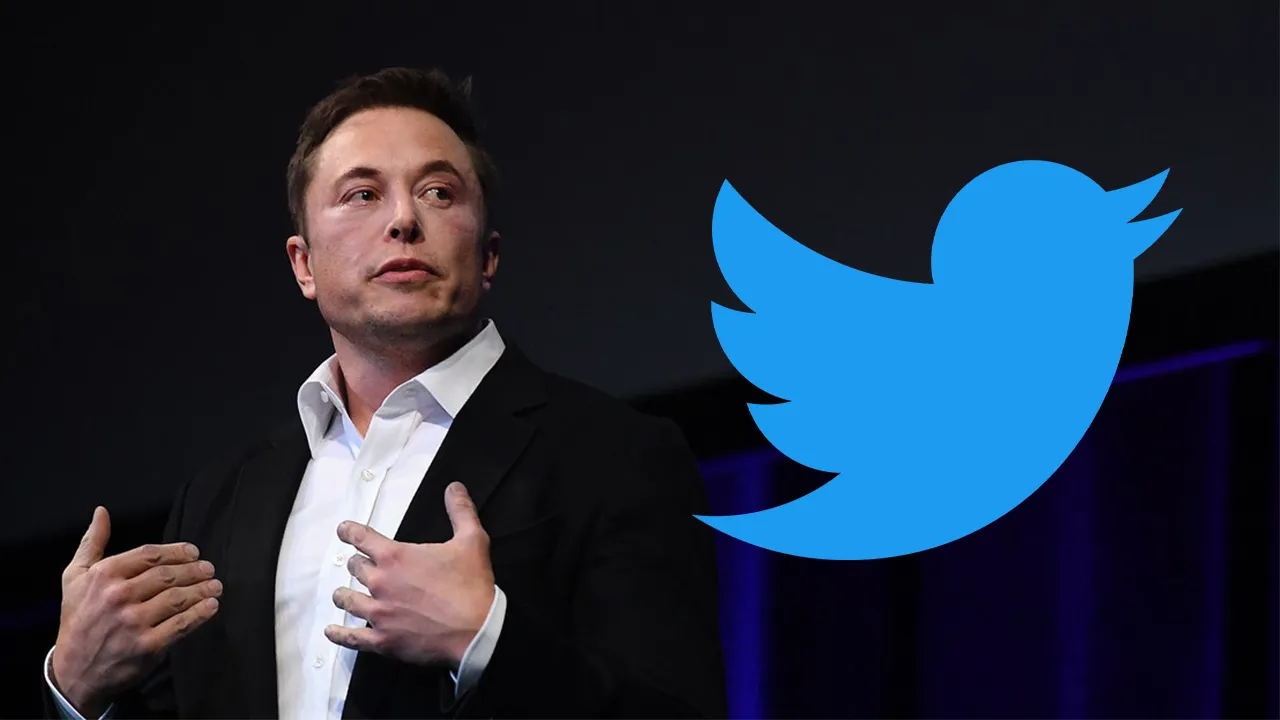Elon Musk and Twitter?
For the last week, I have been following the process of Twitter’s takeover, acquisition and the structural changes that followed. I confess, I am not a Twitter user. Even though I attempted to get into it at one point, it seemed like a boiling cauldron to me, so I left without getting involved. However, this platform is an open space where you can read first-hand what is going on with personal comments. Elon Musk associated Twitter, which he bought for 44 billion dollars, to a digital town square, referring to the Greek Agora. And he is not wrong. It seems like everyone, every topic and every idea is there. Although Elon Musk touts it as a democratic space where everyone can express themselves freely and different voices can be heard, I wonder how much so in reality, especially with him in charge? For example, what kind of a leader do you think he is in terms of human relations and human development, when he is seen as the pioneer of the digital age, the pioneer of progress, the one who is supposed to take human beings into space?
You may have been following the latest articles in the news. Right after Elon Musk bought Twitter, he laid off fifty percent of the employees. These people were notified of the layoffs when they were denied access to Twitter’s intranet and their computers were blocked. He suspended many anti-Elon Musk accounts or completely silenced the voices of tweeters who mocked him. The day after he took over, he ordered all his employees to come to the office full time; any exceptions had to be approved by him. Finally, he is said to have forced his own followers to vote for republicans.
How much of this approach is democratic, people-oriented and appropriate for the age of information and development? The platform that Musk is restructuring gives the impression of a “town square” that is shifting towards a despotic structure. In an arena of creativity and innovation, the democratic experience of freedom of expression that such treatment of employees, who we call internal customers, will give to external customers, i.e. Twitter users, is questionable.
I would like to interpret this phenomenon with a scientific analysis, an analysis based on organizational behavior and leadership. I have been teaching leadership within BA and MBA courses for more than five years, and my students and I have been studying the leadership approaches and personality traits of prominent people throughout history. These include leaders such as Adolf Hitler, Winston Churchill, Martin Luther King, Rosa Parks, Queen Elizabeth’s father King George VI, Captain pilot Chesley Sullenberger, lawyer Ruth Bader Ginsburg, lawyer James Donovan, scientist Joan Stanley and Steve Jobs. We analyzed the behavior, approach to people and events, and characteristics of each of them and attributed certain leadership traits to them. For example, we concluded that Captain Sullenberger was an authentic and servant leader, Attorney Ginsburg was a transformational and authentic leader, Hitler was a charismatic and autocratic leader, and Jobs was a charismatic and transformational leader. When I examine Elon Musk’s behaviors and approaches myself, though not yet with my students, I think he has the characteristics of an autocratic, transactional, transformational and charismatic leader.
Elon’s desire to be in control of every decision and his commanding approach makes him autocratic; his expectation that employees quickly adapt to the new customs in the old village and his tendency towards punitive practices to solve their individual problems with him makes him transactional; his boldness and risk-taking in the new management approach as a pioneer of the innovation and technology era makes him transformational; and finally, his belief in himself and his vision, sharing his passion for co-creating change, influencing and inspiring people makes him a charismatic leader. These 4 leadership traits, which seem to be on the extremes and resemble different typologies, complement each other a lot. For example, why charismatic and not authentic or empathetic; autocratic and not democratic; functional and not emotional and social skills-based?
Elon Musk and leaders like him are self-centered, not employee and follower-centered; they choose to stay away from concepts such as love, compassion or empathy. Their leadership power is based on influencing their followers, inspiring them and seeing them develop in line with their vision. Walter Isaacson*, the historian who wrote Steve Jobs’ autobiography, has argued that Musk is very similar to Jobs and Gates, in that all three do not expect love from others, prefer to avoid any kind of emotional connection in order not to compromise their vision, and even have the idea that if they use their emotional skills, they will lose their vision.
Jim Cantrell** talks to Business Insider about his experiences working with Elon Musk and founding SpaceX in 2001-2002:
“There are two different Elons, a good Elon and a bad Elon, and you never know which one you’re going to meet. The good Elon is funny, charming, someone you want to be a part of, someone you want to follow with big ideas. The bad Elon is loud, unfulfilled, difficult to work with because he feels that no one and nothing is enough or that you are not doing your job well enough. On the one hand, a good Elon who conveys his vision through inspirational speeches and ignites your passion for work by emphasizing the importance of what you do, and on the other hand, a bad Elon who fires all the top management…
When I first met him, he was in his late 20s, badly dressed, quite strange, but very bright and determined. He wanted to prove that man could be a race of interplanetary travelers. When he showed me the first plans for the Falcon 1 and the first SpaceX vehicle they built, I was so impressed and wanted to be part of his vision. I worked as vice president of business development at SpaceX from December 2001 to September 2002. During that time I had a lot of conflicts with Elon; he yelled at me many times, I even had to change myself to the point of giving up on myself to work with him. One time he called me at three in the morning and asked where I was, why I wasn’t in the office! He said there is work to be done, you have to be here. He never expected anything from you that he wouldn’t do himself, but his demands were endless.
I think he would take Twitter to the next level in terms of productivity with his strong will. He always had a vision; he wanted everyone to be 100% aligned with the goals. Even though the goals were clear in his mind, he could not convey them to his employees with the same clarity. Twitter employees need to prepare themselves to be 100% aligned with his vision and mission. Otherwise Elon will treacherously walk all over them. But if they manage to align and have the courage to work with an overly dominant boss who demands all their time for their work, they will have a super fun journey. It depends on everyone’s expectations of life and career.”
In a nutshell, these visionary leaders, who are committed to taking humanity into space, to its development and ascension, are disregarding the basic needs of humanity, trampling on its very existence and creating the space-faring humanoids of the future. Moreover, as slaves to their own ambitions, they oppress not only their opponents but also themselves.
Now I ask you, what would you prefer – to be an interplanetary species that will go into space or to be a species that lives like human beings on earth in peace, love and tranquility?
That’s all from me!
Love from Barcelona.
November 13th 2022
**Business Insider – November 4, 2022: https://www.businessinsider.com/working-for-elon-musk-spacex-workplace-culture-twitter-jim-cantrell-2022-11?utm_source=facebook.com&utm_medium=social&utm_campaign=sf-bi-main&fbclid=IwAR0wYPjCLcTejNjfT03CDefs8mFMRDdcXiMfaEibBa9wMAMs5Mi6XOZM5p8





Leave a Reply
Want to join the discussion?Feel free to contribute!